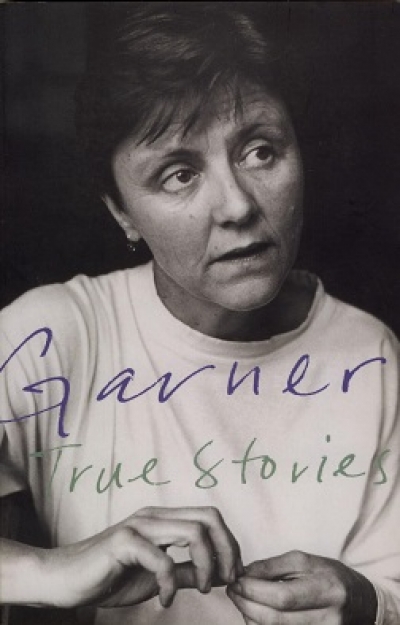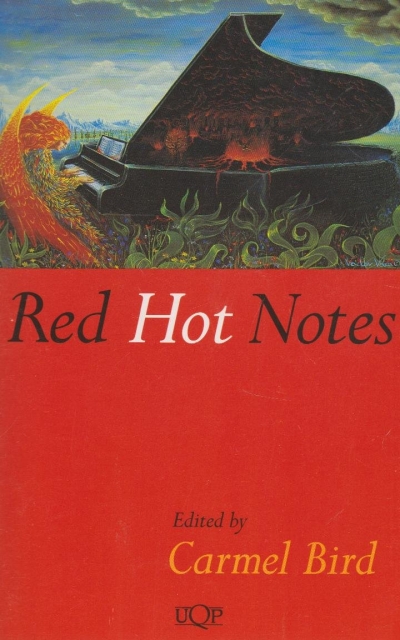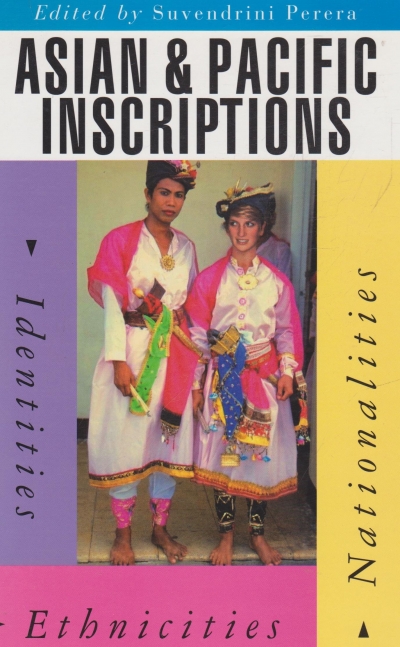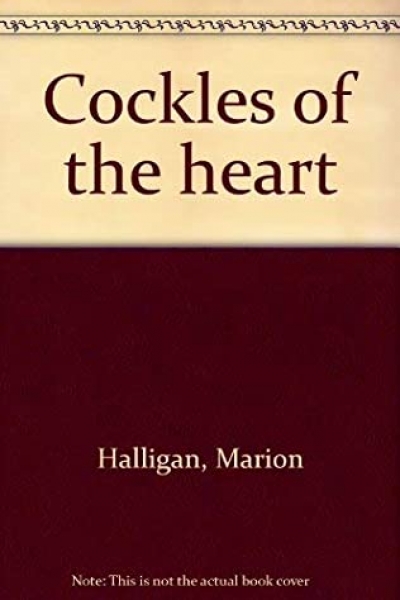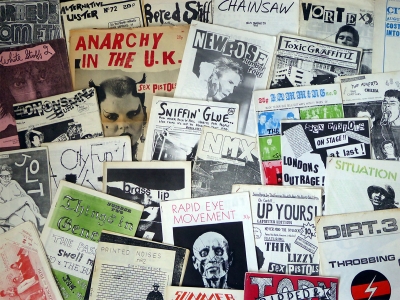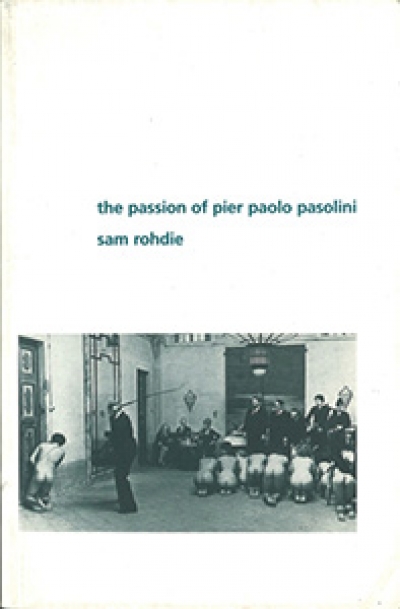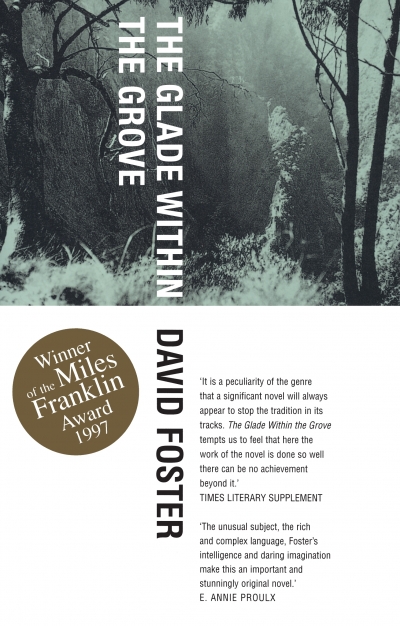Archive
Ivor Indyk reviews poetry by Karen Attard, M.T.C. Cronin, Lisa Jacobson, Peter Minter, Sue L. Nicholls, and Mark Reid
These six poetry titles represent the third series of New Poets to be published by Five Islands Press. Each title runs to exactly thirty two pages – no more, no less. It is, in a sense, a mini-collection, or a semi-collection, midway between a reading and a book. The series as a whole is therefore like a showcase of new talent – you applaud some of the poems, and get impatient with others, much as you do with the poets themselves. This is a good thing – it presents poetry as the provisional affair it really is, most of the time, for poet and reader alike.
... (read more)The French literary world was agog last year with the news of the awarding of two prestigious prizes, the Prix Goncourt and the Prix Medicis, to a novel called Le Testament Français, by a writer called André Makine. The unusual nature of the novel is that it was written in the most beautiful, yet freshly distinctive French by a man whose maternal tongue is not French at all, but Russian.
... (read more)Asian and Pacific Inscriptions: Identities, ethnicities, nationalities edited by Suvendrini Perera
The fanzine is not a magazine. It bypasses and subverts the economics of commercial publishing and it reasserts the creative link between writing and production. Zines can also, because of the ‘terrorism’ of their production and distribution, bypass the convoluted legalistic boundaries of copyright. Graphics, slabs of text, photos, and images are photocopied, scanned, and pasted into fanzine, then cut-up, reassembled, and often made to assume an oppositional symbolic meaning to that of the original image.
... (read more)Garry Disher: The Sunken Road is a so-called literary novel. I find that I’m a bit typecast, Garry Disher the crime writer or Garry Disher the children’s writer. A lot of the fiction I’ve written is so-called more literary in nature. This is my big book, up to date, if you like. It’s a novel set in the wheat and wool country in the mid-north of South Australia where I grew up. It’s a story of the region and of a family and of a main character called Anna Tolley. I tell this story in a series of biographical fragments around a theme like Christmas, or love, or hate, or birthdays. And each fragment takes a character from childhood to old age. And I repeat this pattern right through the book and certain secrets are revealed or come to the surface through this repetition. So at that level I suppose it’s a linear story, but the structure’s not all that linear. In terms of structure it’s an advance for me, or an experiment.
... (read more)
